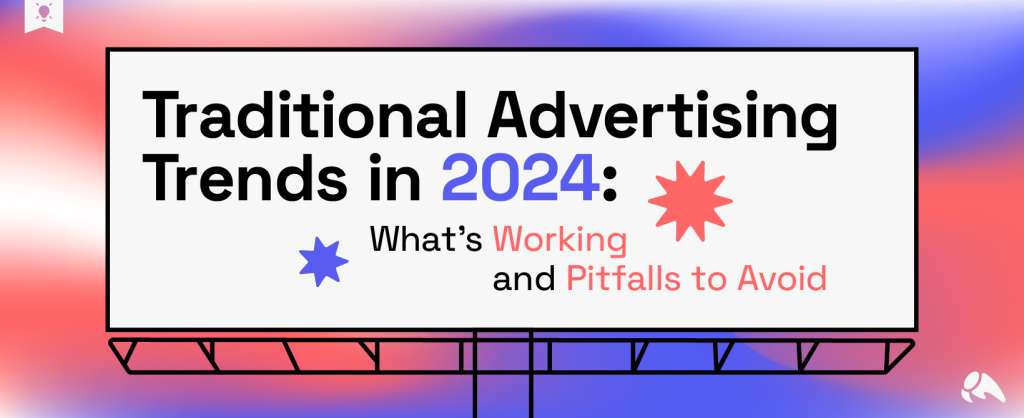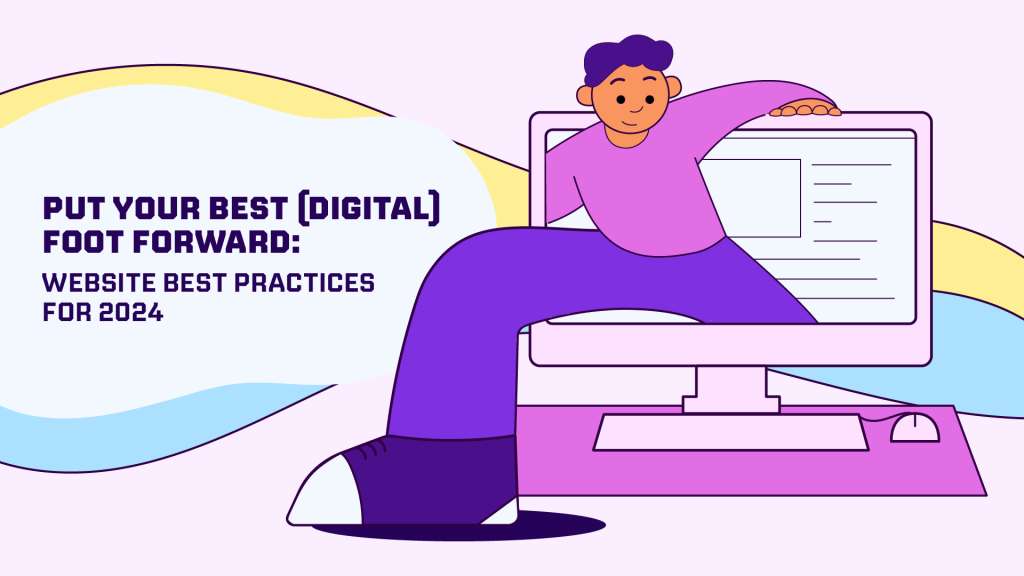
Gary Illyes announced today that Google is switching to a mobile-first index.
More than 85% of Google’s search results are mobile-friendly already (one of the reasons you no longer see the “mobile friendly” label in results anymore). Even more interesting, more than half of all search queries are from mobile devices. We’re typing questions into our phones, and in many cases, verbally asking.
That’s why a mobile-first index makes sense.
Google has historically crawled the desktop site, figured out the relationship between that and the mobile site, and ranked your pages based on your desktop’s version. Google was never quite able to balance crawling two versions of the same content, and the desktop version was given preference. Bonus points were awarded recently if your site was mobile-friendly, whether you had a dedicated mobile site or you’d built responsive or adaptive versions to accommodate various devices and screen sizes. Being mobile-friendly has become significant, especially with regard to search from mobile devices.
This desktop index isn’t going away, but it will be the second to update, always lagging behind the new mobile index. The mobile index will be the primary index.
This is a huge shift. What does this mean for businesses?
Mobile site content has to be re-evaluated. Many of us have chopped out a lot of words out of our mobile site thinking words slow down our pages (Gary says this is untrue, BTW). Words, as we know, are important “tokens” to Google when determining rankings. Check your mobile pages to make sure they are serving the content you wish for users to see.
Structured data has to be incorporated in our mobile sites. We haven’t cared so much about it previously, because there was no benefit to baking it into both our mobile and desktop versions. So, if your website is about recipes, events, or articles, get your schema markup incorporated now.
Businesses with two versions of their website will have to reevaluate. At first look, these are the ones that will have to act quickest – sites that have identical page structures and content on desktop and mobile should be unaffected, when it comes to content. That is to say, if your mobile-experience is otherwise optimized appropriately when it comes to page load time, UX, etc., no need to panic.
Gary didn’t give an indication of when this change will occur, saying it will be announced by Google in a blog post at the appropriate time.
In the meantime, we’ll be paying attention to what else this could mean for businesses, and let you know how to start evaluating what you can do to benefit from this change and mitigate risks.







